Frederica Freyberg:
In tonight’s inside look, a new Legislative proposal that has bipartisan support aims to prevent a backlog of sexual assault kits. Four years ago, Wisconsin had a backlog of 6,000 untested rape kits. That has since been cleared. Under the proposed bill, a health care professional must notify law enforcement within 24 hours of collecting the kit if the victim chooses to report the sexual assault to police. Law enforcement then must submit the kit and it must be tested by the State Crime Lab within two weeks. If the victim does not want to report the crime, the kit must still be sent to the State Crime Lab within three days for storage, where it will be held for ten years. We’re joined by Ian Henderson with the Wisconsin Coalition Against Sexual Assault for his take on the measure. Thanks for being here.
Ian Henderson:
Thank you for having me.
Frederica Freyberg:
How is this different from how it had been done in Wisconsin?
Ian Henderson:
Well, I think in some ways, it’s not that different. What this legislation does is really codify the work that a multidisciplinary group of professionals convened by the attorney general a few years ago devised to give sexual assault survivors standard or uniform options regarding their care and the collection of forensic evidence when they present at a hospital. So basically a survivor who presents at a hospital has three options. One is they could just get their health care needs taken care of. The second is they could have a forensic sexual assault kit collected and then sent to the Crime Lab for testing if they wanted to report to law enforcement. And third, for a survivor who was unsure about reporting to law enforcement, they could have a kit collected that would be sent from the hospital to the Crime Lab for storage. Those protocols or best practices were already in place. This legislation, I think, does something really important which is codifies that into statute and puts those clear time frames, as you mentioned, into place for law enforcement and hospitals to send those kits to the Crime Lab for testing.
Frederica Freyberg:
Because what happens to victims and their cases when there is the kind of backlog that we had been working?
Ian Henderson:
I think for survivors what we heard was many survivors didn’t even know that the kits had never been tested, right? They had had the kit collected and what we don’t — because of the lack of uniformity in the past, we don’t really know what survivors were told when they had the kit collected. Some may have been told your kit won’t be tested unless you want to report. Or we won’t test the kit unless you give that affirmative consent. Or it will be tested right away. So we don’t really know what survivors were told at the time. And this legislation provides that certainty around what will happen as opposed to that lack of certainty and then survivors not knowing what happened.
Frederica Freyberg:
Now, you’re saying that this is kind of best practices and under this bill, under these best practices, victims do have the choice whether to report their sexual assault to police. Why is that important?
Ian Henderson:
Well, there’s a variety of reasons why a survivor may not want to report to law enforcement. One of those reasons would be a fear of not being believed. Could be concerns for their privacy. We also know that for survivors of color and those from other historically marginalized communities, they may mistrust system interventions including law enforcement. So this legislation preserves the right to engage with law enforcement with that survivor while at the same time allowing them to have forensic evidence collected and stored at the Crime Lab should they decide one week, two weeks or five years later.
Frederica Freyberg:
Speaking of storage, part of the proposal would require storing analyzed kits from victims who consent to analysis for 50 years at the Crime Lab. Why so long?
Ian Henderson:
As I understand that provision is about kits that have been tested already. And so I think some of the reasons why we want to have kits tested would be a length of time that someone might be serving a sentence. I think just also to have the kits not destroyed so that if there were questions about wanting to test additional evidence regarding perpetrators who may be identified later, then this just preserves that evidence for a lengthy period of time.
Frederica Freyberg:
Now, because this bill sets out statutory requirements as you’ve described for this collection and processing of sexual assault kits, won’t there be many more kits then sent for testing and what assurances do people have that the State Crime Lab has that capacity?
Ian Henderson:
Well, that’s a really good question. I think that would be something we definitely not want to speak for the Crime Lab or the Department of Justice. My understanding is the Department of Justice did, in their budget request, put in additional resources for the Crime Lab. But you’re right. I mean, I think this will ensure that we don’t have a backlog of kits sitting in law enforcement. We wanted to make sure that the Crime Lab has the resources they need then to test the kits once they are sent to their labs for testing.
Frederica Freyberg:
How is this proposed bill being met by victims and their advocates?
Ian Henderson:
Well, I think because these protocols had been developed with a real multidisciplinary group of people, including community advocates who had the opportunity to run these kind of ideas and concepts by survivors, I think this is in some ways, like I said, nothing really new. I think what’s really important, though, is that it’s giving survivors choices and it’s giving them concrete information. Anytime the criminal justice system can provide options, choices and information, I think that’s a really positive thing.
Frederica Freyberg:
It sounds like a difficult thing to achieve really, that you had something codified in law and yet victims again have this choice.
Ian Henderson:
Absolutely. I think what’s going to be critical is then those people, community advocates, the forensic nurse examiners who are doing the kits, will then have this information and can give that clear information to survivors when they’re presenting at the hospital for a forensic exam.
Frederica Freyberg:
Ian Henderson, thanks very much.
Ian Henderson:
Thank you.
Frederica Freyberg:
The bipartisan sexual assault testing bill is expected to be formally introduced in the Legislature in the coming days.
Search Episodes
News Stories from PBS Wisconsin

Donate to sign up. Activate and sign in to Passport. It's that easy to help PBS Wisconsin serve your community through media that educates, inspires, and entertains.
Make your membership gift today
Only for new users: Activate Passport using your code or email address
Already a member?
Look up my account
Need some help? Go to FAQ or visit PBS Passport Help
Need help accessing PBS Wisconsin anywhere?

Online Access | Platform & Device Access | Cable or Satellite Access | Over-The-Air Access
Visit Access Guide
Need help accessing PBS Wisconsin anywhere?

Visit Our
Live TV Access Guide
Online AccessPlatform & Device Access
Cable or Satellite Access
Over-The-Air Access
Visit Access Guide
 Passport
Passport

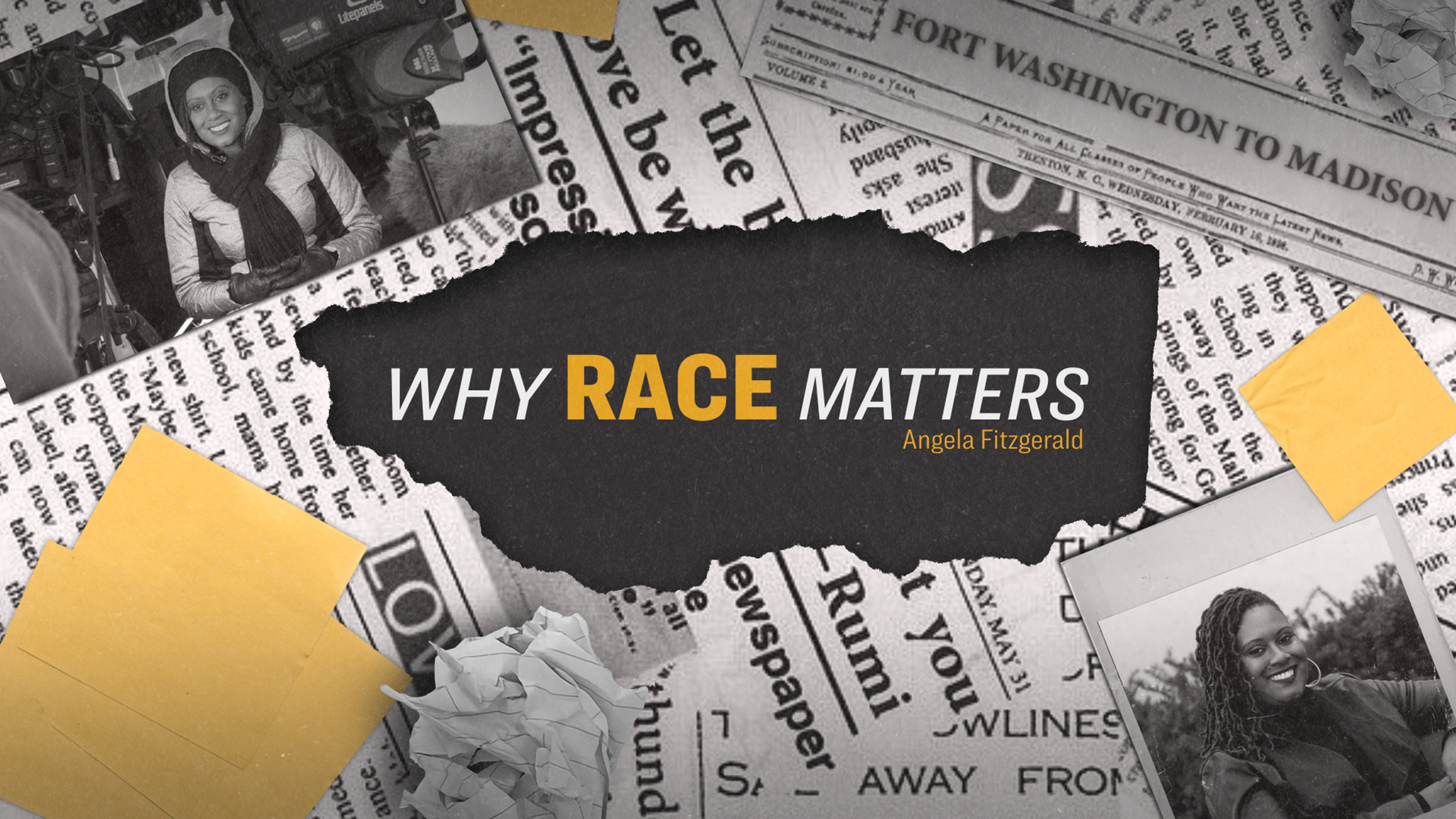



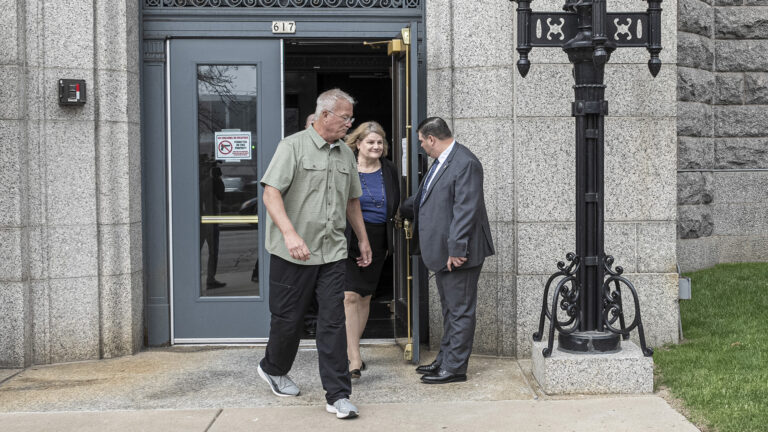
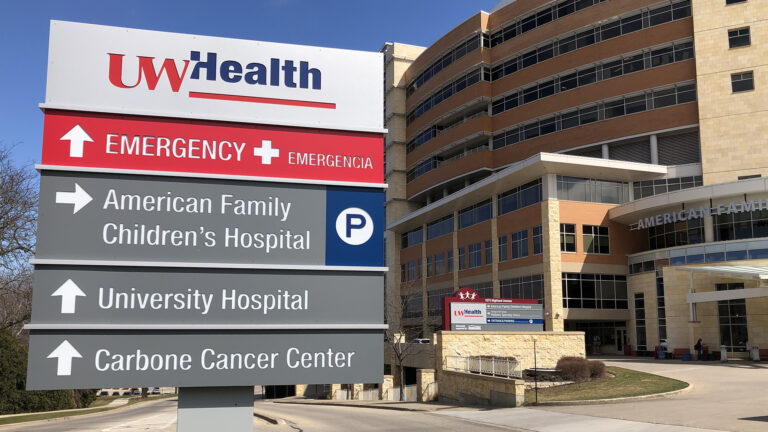


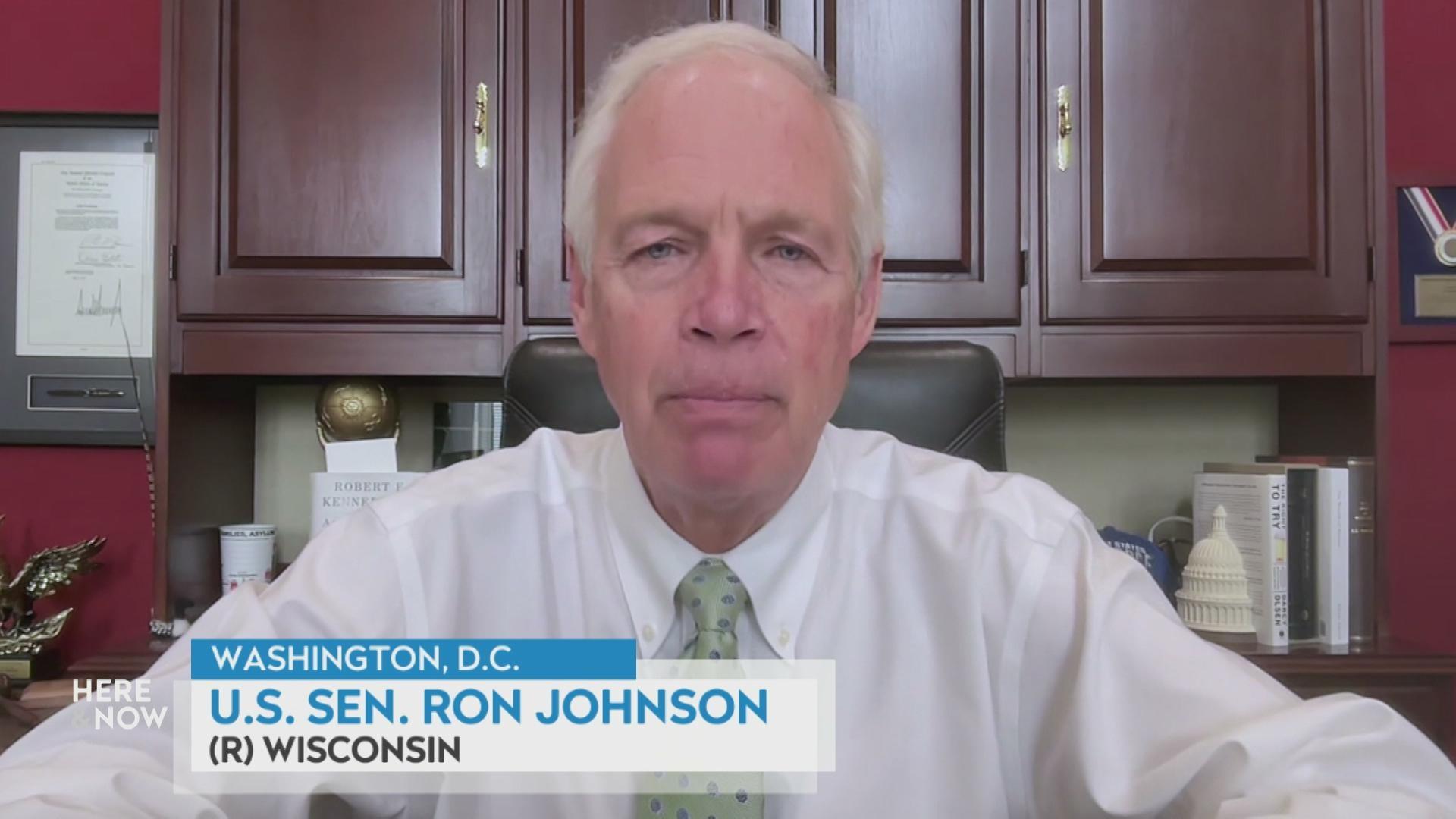
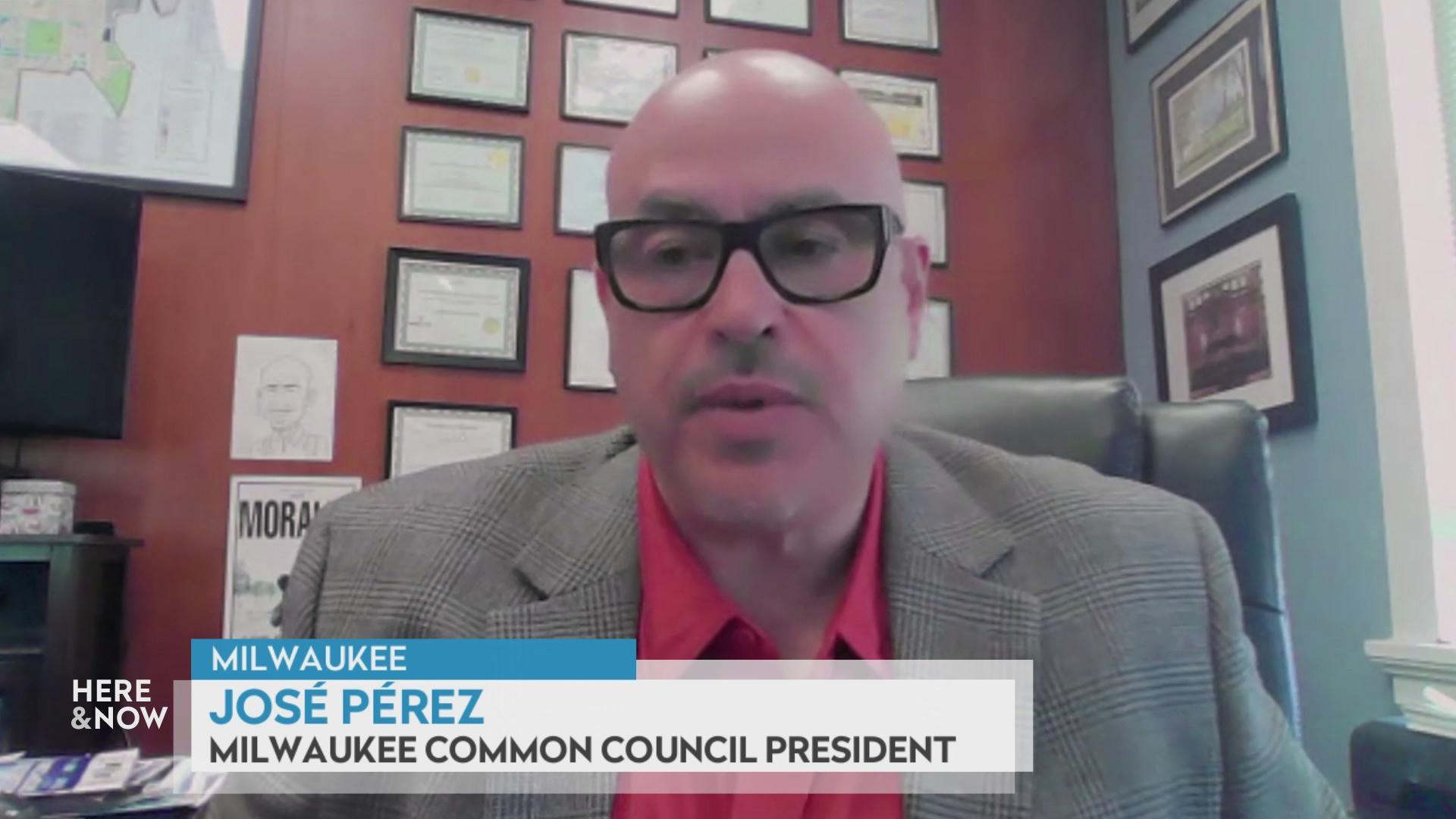
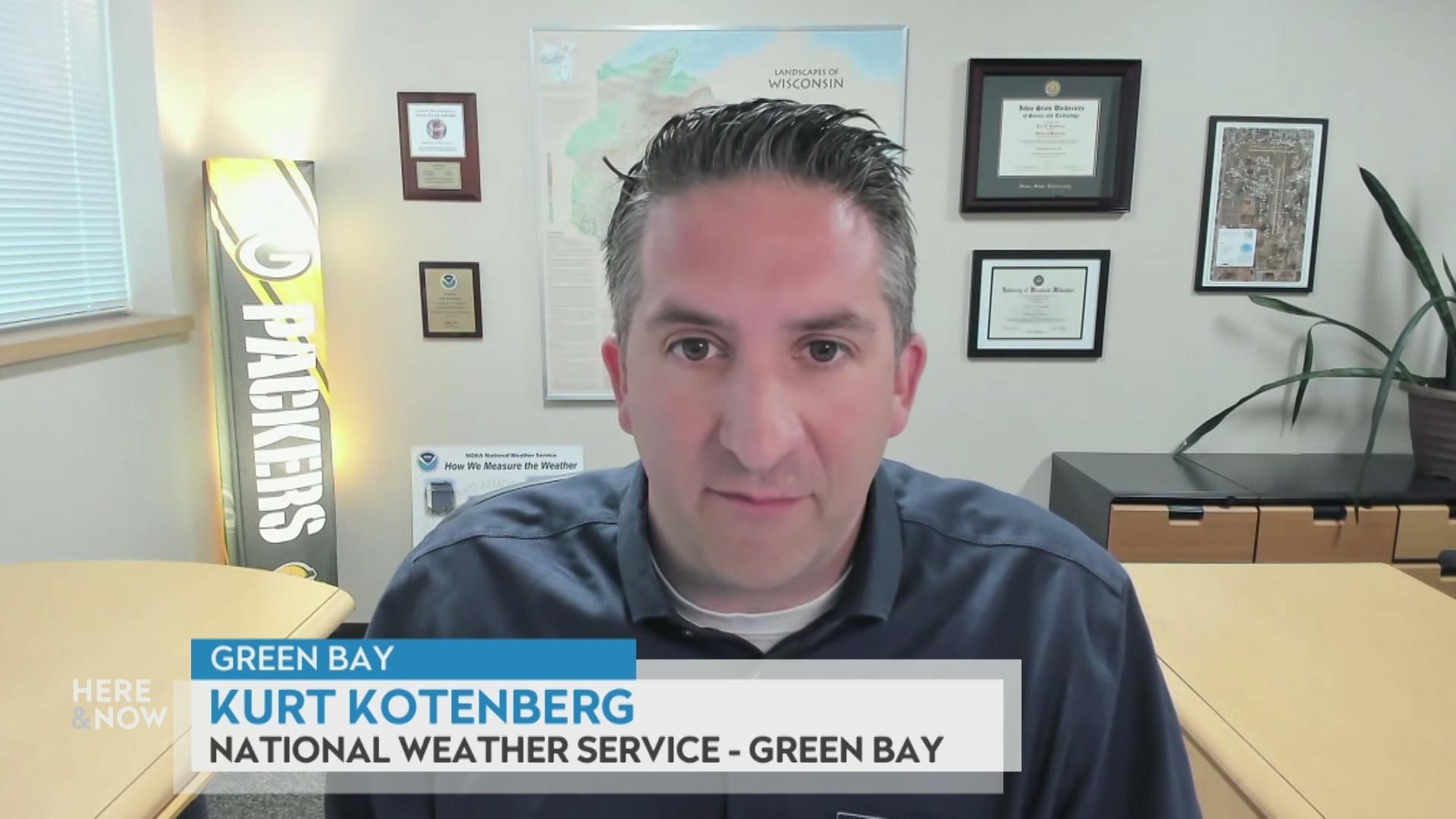
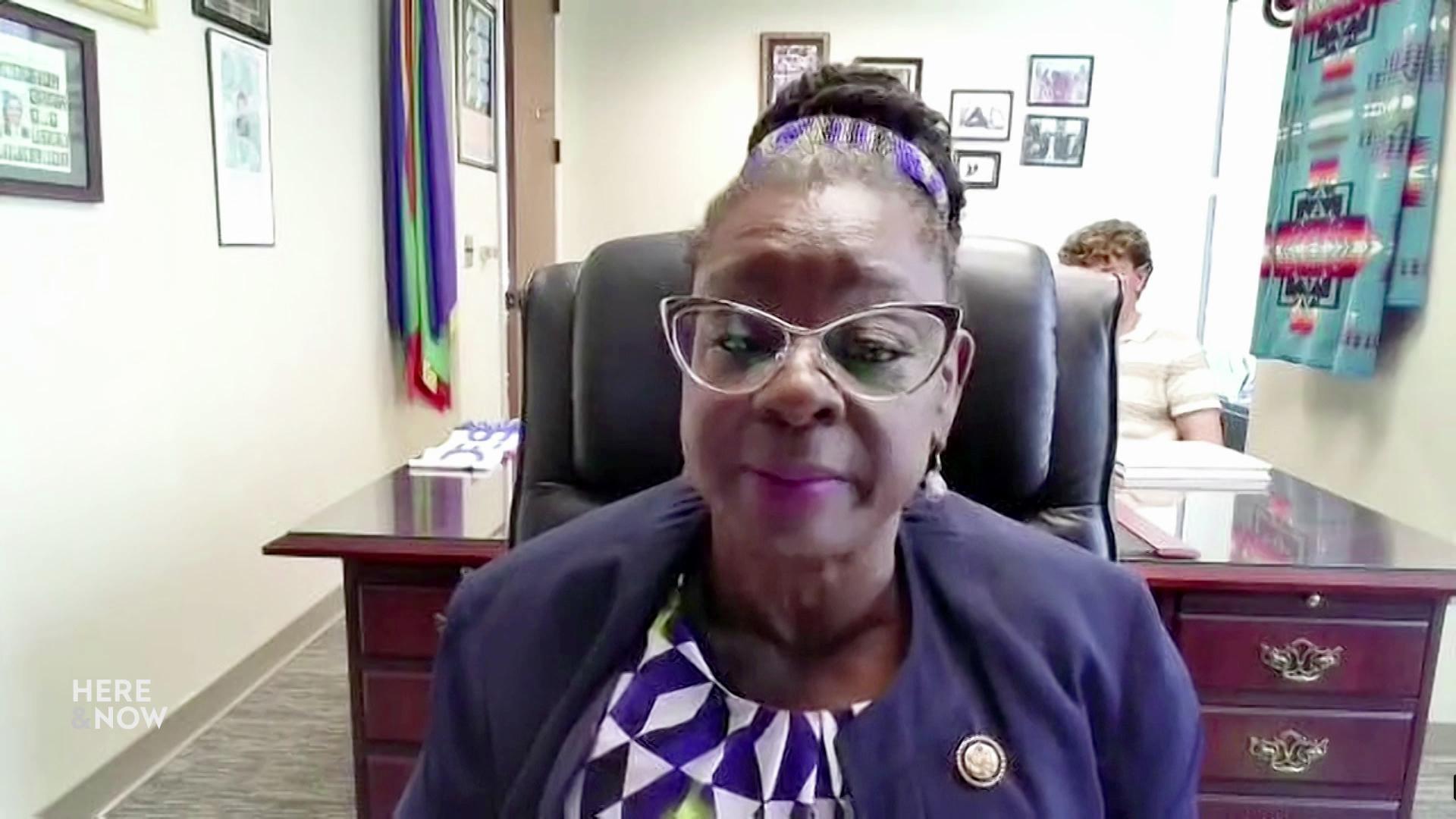
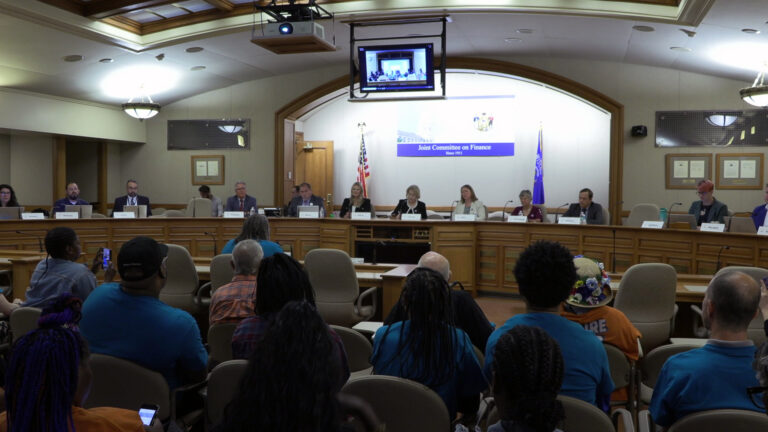
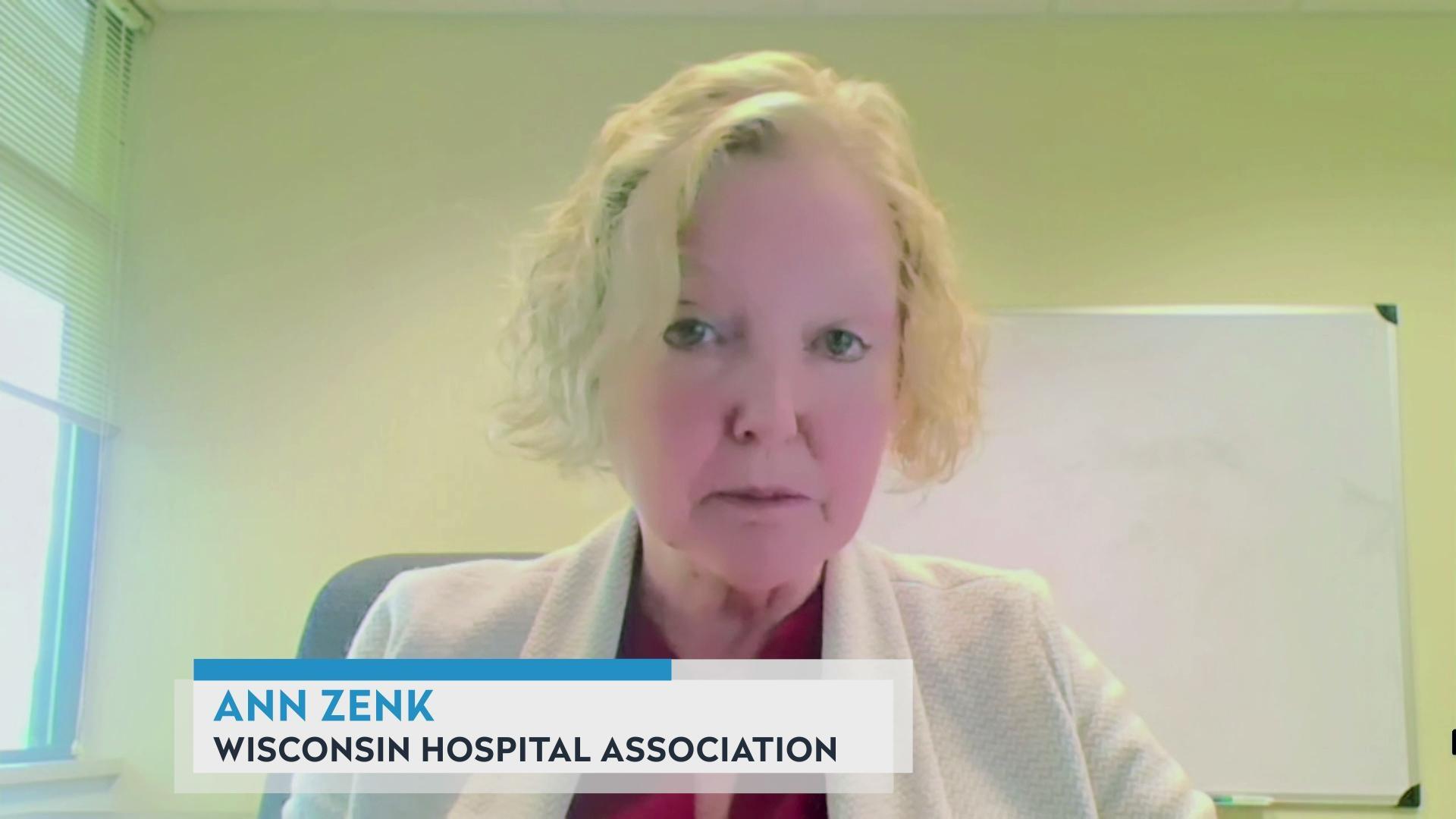
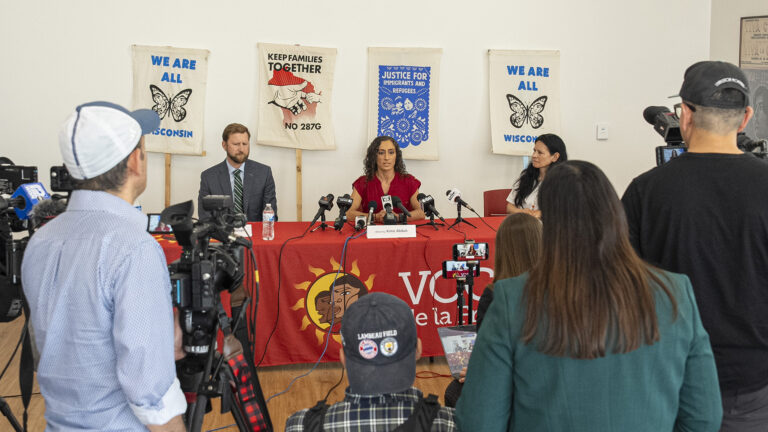


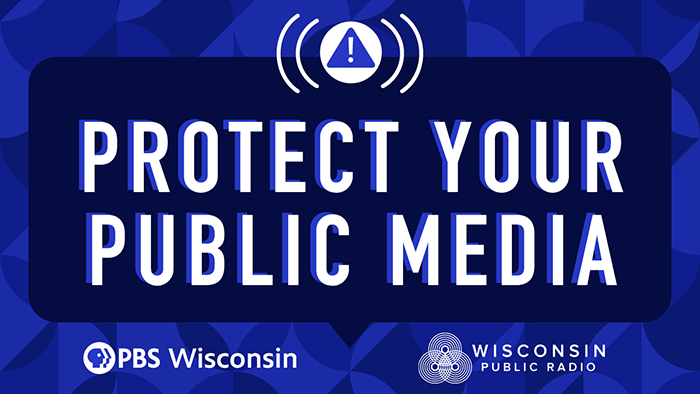
Follow Us